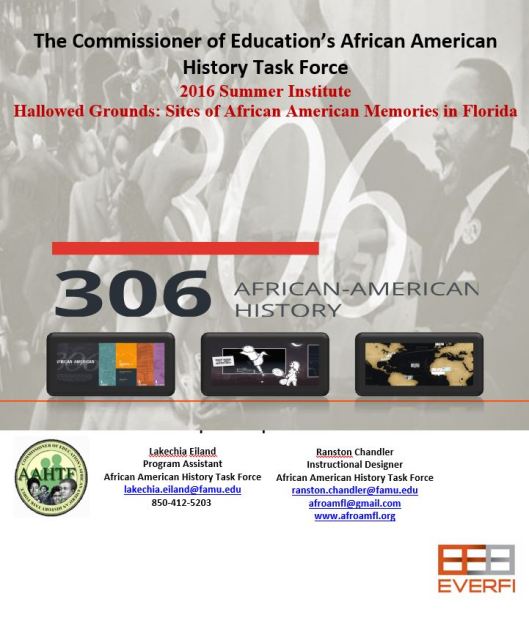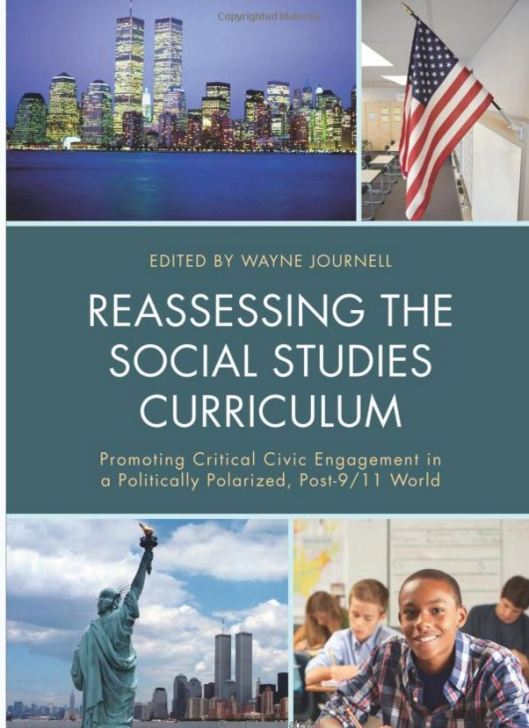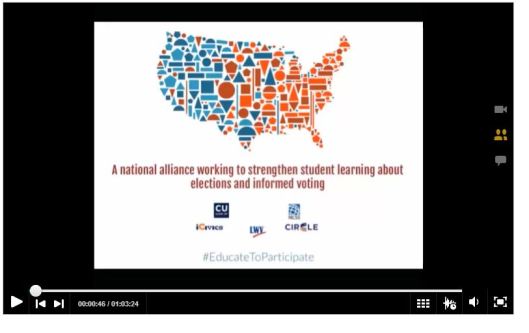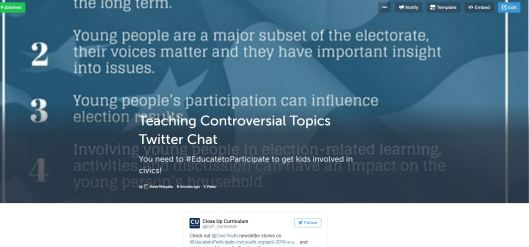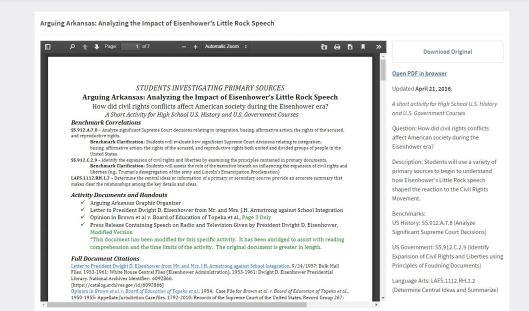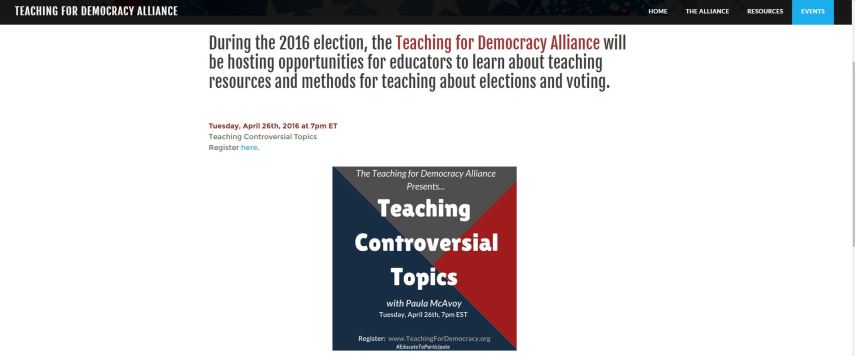Action Civics, which integrates elements of service learning, inquiry, and informed action, among other elements, is an important direction in civic education. This is a direction that the Florida Joint Center for Citizenship is looking to move. And we want you to help us move that way.
The Lou Frey Institute at the University of Central Florida is recruiting a fulltime instructional specialist in civics education. The individual in this position will be based in the institute’s Orlando office and will coordinate and support action civics programs for the Florida Joint Center for Citizenship (FJCC) – a
Lou Frey Institute/Bob Graham Center partnership. The action civics
coordinator will be responsible for working with K-12 districts, schools and teachers throughout Florida to implement service learning and other active civic learning initiatives. This position will also manage the institute’s partnership with Kids Voting and will support statewide mock elections. The individual in this position will work as part of a team to design and deliver professional development that supports classroom implementation of a wide range of active civic learning strategies. Long-term outreach and support for
individual schools – including low performing schools – may be required.
This position provides full benefits. Salary is commensurate with
qualifications and experience.
Minimum requirements include a bachelor’s degree from an accredited
institution in social studies education, political science, curriculum and
instruction or other relevant disciplines, with a strong background in civics
and some teaching experience in K-12.
Applicants must have experience in service learning and be familiar with the
literature relating to active learning in civic education, including the C3
Framework.
Strong communication skills and working knowledge of common office PC
software are essential.
An advanced degree in social studies education, political science, curriculum and instruction or other relevant disciplines from an accredited institution is strongly preferred.
Experience in designing and delivering teacher professional development workshops, experience managing projects, and experience with instructional technology are all highly desirable.
An understanding of Florida’s instructional standards and benchmarks in K-12 civics is also desirable.
Because this is part of a statewide initiative, significant travel is anticipated.
Applications must be submitted at www.jobswithucf.com. In addition to the online application, candidates must include a cover letter, resume or CV, and contact information for three professional references. Applications must be
received by June 16, 2016. DO NOT FORGET to upload the cover letter, resume or CV, AND contact info for references to the UCF site!!!
For questions related to this position, please contact Dr. Steve Masyada at Stephen.Masyada@ucf.edu.
Note: Please have all documents ready when applying so they can be
attached at that time. Once the online submission process is finalized, the system does not allow applicants to submit additional documents at a later date.
UCF is an equal opportunity/affirmative action employer. All qualified applicants are encouraged to apply, including minorities, women, veterans and individuals with disabilities. As a Florida public university, UCF makes all application materials and selection procedures available to the public uponrequest.

